A healthy diet is the key to preventing acne. By adjusting the diet structure, selecting appropriate ingredients, and controlling eating habits, the occurrence of acne can be effectively reduced. There are five key points to avoid high sugar and high-fat foods, increase dietary fiber intake, supplement vitamin A and zinc, maintain water balance, and eat regularly.

1. Avoid high sugar and high-fat foods
A high sugar and high-fat diet can stimulate sebaceous glands to secrete excessive oil, leading to clogged pores and acne. Reduce the intake of candies, cakes, fried foods, etc., and choose low glycemic index foods such as oats, brown rice, etc. Hormones in dairy products may also worsen acne, so it is recommended to control the intake of milk and cheese.
2. Increase dietary fiber intake
Dietary fiber helps promote intestinal peristalsis and helps eliminate toxins from the body. It is recommended to consume sufficient amounts of vegetables and fruits daily, such as broccoli, spinach, apples, and other fiber rich foods. Whole grain foods such as whole wheat bread and quinoa are also high-quality sources of fiber, which help maintain the balance of gut microbiota.
III. supplementing with Vitamin A and Zinc
Vitamin A can regulate the process of skin keratinization, while zinc has anti-inflammatory effects, both of which are helpful in preventing acne. Carrots, pumpkins and other orange vegetables are rich in vitamin A, while foods such as oysters and nuts are rich in zinc. Moderate consumption of these foods can improve skin condition, but be careful not to overeat.
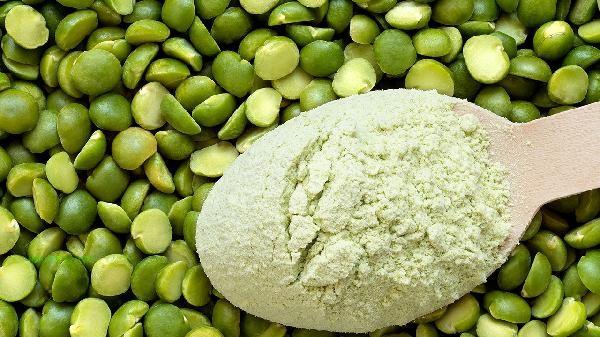
4. Maintain Water Balance
Adequate water intake helps to eliminate metabolic waste and maintain skin water oil balance. It is recommended to drink enough plain water every day, and to drink antioxidant drinks such as green tea appropriately. Avoid excessive consumption of sugary and alcoholic beverages, as they may exacerbate skin inflammation reactions.
Fifth, Regular Eating Time
Irregular eating habits can disrupt the endocrine system and increase the probability of acne. It is recommended to schedule three meals regularly and avoid overeating and eating at night. Chewing slowly helps with digestion and absorption, reducing the burden on the gastrointestinal tract. While maintaining a regular diet, it is also important to ensure adequate sleep. In addition to dietary adjustments, maintaining regular sleep patterns, moderate exercise, and proper skin cleansing are also important lifestyle habits. It is recommended to ensure 7-8 hours of sleep every day and engage in moderate aerobic exercise such as brisk walking, swimming, etc. Choose gentle cleansing products to avoid excessive cleansing that damages the skin barrier. If the acne problem persists, it is recommended to seek professional treatment promptly. Establishing a healthy lifestyle and combining it with a scientific diet can fundamentally improve acne problems.


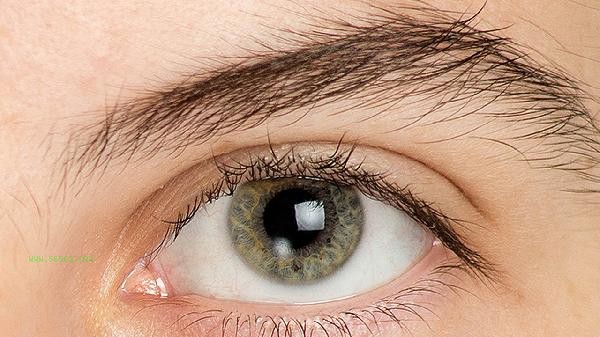
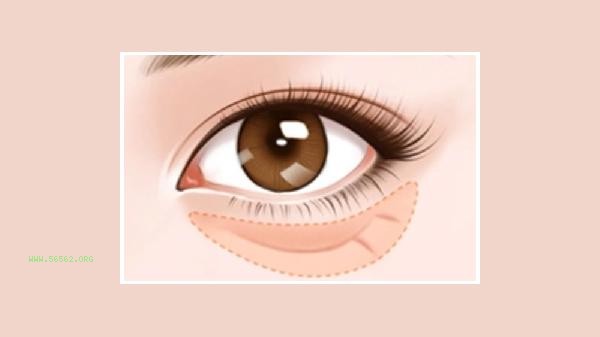
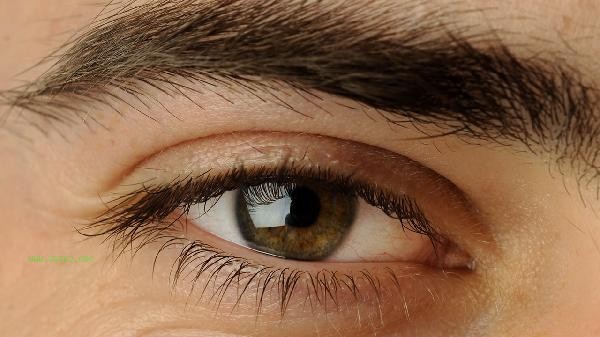
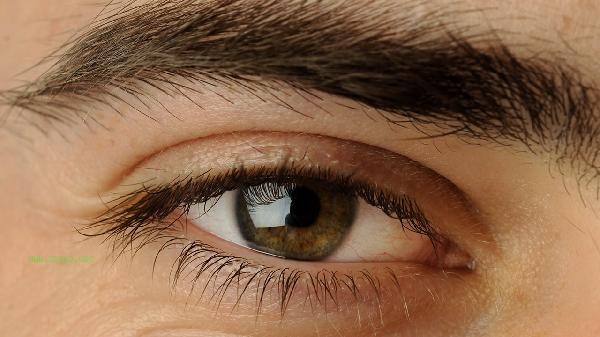




Comments (0)
Leave a Comment
No comments yet
Be the first to share your thoughts!